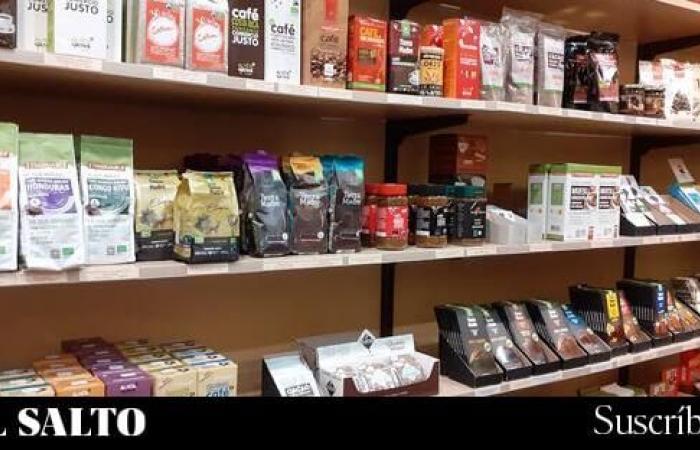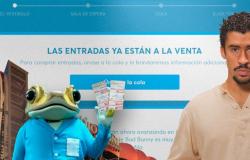human beings, and especially those who live in the capitalist society of the West, are consumer entities. The renowned thinker Erich Fromm described us as Homo Consumens. Since we wake up until we are still consuming we are consuming products. Consumption is part of our way of being. And to be in the world.
Often, our daily life (work, studies or care) does not facilitate reflection on the impacts of that consumption in different aspects: human, economic, social, political or environmental. That is why we want to take advantage of the celebration of World Fair trade day (Saturday, May 10) to stop thinking about it.
From coffee, tea or breakfast cocoa, cup or tablecloth, to clothes or bag we carry, the gel with which we shower, the basket where we keep the items for the bathroom … we are continuously using or consuming items. In many cases, they have been developed under unworthy conditions, serious labor exploitation, including situations similar to slavery, with salaries of misery, without the possibility of syndication or collective bargaining processes, with the work of boys or girls and generating significant environmental degradation.
For example, in the case of coffee, most of the approximately 25 million people who produce it live with income below 40% of the minimum wage. A recent study shows that in Mexico the monthly wages of those who grow in called black gold (mostly indigenous population) is 106 dollars, while the poverty line is 182 dollars.
Another significant example is found in body hygiene products in which karité is one of the increasingly present ingredients. According to FAO data, between 40,000 and 75,000 tons of this product from Africa to Europe are exported every year. Those who harvest and process it are about 16 million women from sub -Saharan Africa. Its salary is less than $ 1.25 a day.
They are also mostly women who collect tea. After the tranquility and warmth associated with a cup of this infusion, a production model inherited from colonial times is hidden. Most live in infravy, without the necessary conditions. Salaries are well below the minimum in producing countries, often in this sector, the lowest in the agricultural field.
Not known as we want to remember that the current production and marketing system, with its long and opaque supply chains is one of the causes that favors poverty, inequalities and accelerates the climatic emergency. In this context it is not surprising that the number of people who go hungry is higher than 15 years ago. According to the United Nations, today 700 million people continue to live in poverty. In addition, the climate crisis and its devastating effects continue to advance, in fact 2024 was the warmest year on the planet.
First of all, the entities of the State Coordinator of Fair Trade we remember that there are alternatives, which throughout the day we can consume products (food, body hygiene, clothing, accessories, pajamas, household items, toys …) produced by small organizations with a democratic function and careful techniques with the natural environment. They are products that, as our motto says, they feel good to everyone, since as others in the solidarity economy, they put people and the environment in the center. In addition, through the more than 50 physical and online specialized stores and other conventional shops, it is increasingly easier to access them.
In this month of May, if World Trade Day is worth to stop to think about the impacts of our daily consumption, to look beyond and empathize with the global human family and change, at least, some of our habits, it will have been positive. This will not avoid being “Homo Consumens” but we will advance in the “Homo Conscientious and Solidarius.”






